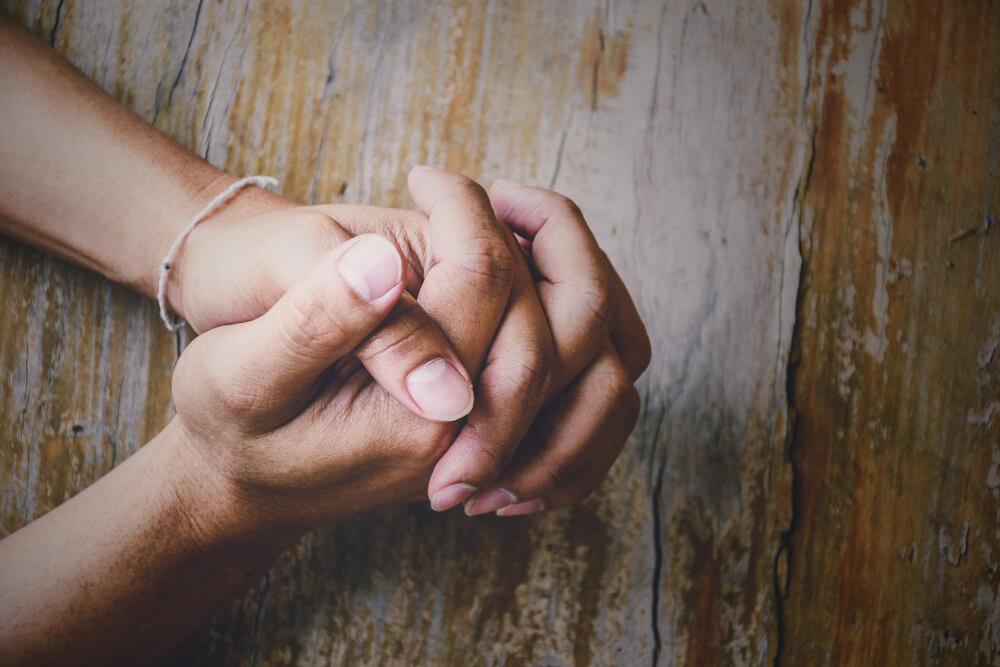On January 3, missiles fired from American drones killed Iranian general Qasem Soleimani shortly after he departed his plane at the Baghdad International Airport in Iraq. The United States Department of Defense said in a statement that Soleimani had approved the attacks on the American embassy in Baghdad on December 29, and that the strike was meant to deter future attacks.
But when someone is killed in an effort to prevent the death of innocent people, is that something Catholics should celebrate? Or should they mourn that person’s death, even if they believe him to be the bad guy? A listener recently called in to Go Ask Your Father™ with similar questions, and asked whether Catholics should mourn the death of Soleimani and pray for his soul.
Monsignor Stuart Swetland responded, “Yes, we should pray for the soul of all the departed, even those that we might find wicked. And the reason I use the term wicked is because it’s a scriptural term. And it’s very specific in the prophetic teaching of the Old Testament, that God hates the death even of the wicked.”
Msgr. Swetland pointed to Ezekiel 33:11 which says, As certainly as I am alive and living, declares the Lord God, I receive no pleasure in the death of the wicked. Instead, my pleasure is that the wicked repent from their behavior and live right.
“So we’ve got to remember that God does not will the death of anyone, and we should take no pleasure in the death of anyone,” he told the listener.
“Now we always have to be nuanced,” Msgr. Swetland clarified. “If there is the need to defend oneself or others from ongoing aggression, we, and especially those entrusted with the common good, have the moral obligation and duty to protect real innocents from actual threat of harm. And maybe even up to the use of deadly force in the defense of innocents, if that’s the only way that one can stop real innocents from being attacked, from their lives being directly attacked.”
In the case of a police officer, a member of the military, or a commander-in-chief, there may be situations in which they must resort to the use of deadly force in order to stop an aggressor. But in doing so their intent should not be to kill who they consider the bad guys, but to stop the ongoing aggression.
“As soon as they’ve successfully stopped the ongoing aggression, no more force should be used,” Msgr. Swetland explained. “And we always want to use force less than deadly force when we can. Deadly force should only be a last resort when there’s no other reasonable way to stop an ongoing aggression.”
Offering a direct response to the listener’s question regarding Soleimani, Msgr. Swetland said, “That could have been a justified attack. But that doesn’t mean we take delight in the death of this person, because God hates death. God doesn’t take delight in the death of the wicked and we’re to love and imitate God in His mercy and in His will.
Listen to the full conversation below and tune-in to Go Ask Your Father weekdays at 1:00 p.m. Eastern/10:00 a.m. Pacific on Relevant Radio® and the Relevant Radio App.
Podcast: Play in new window | Download
Subscribe: RSS


